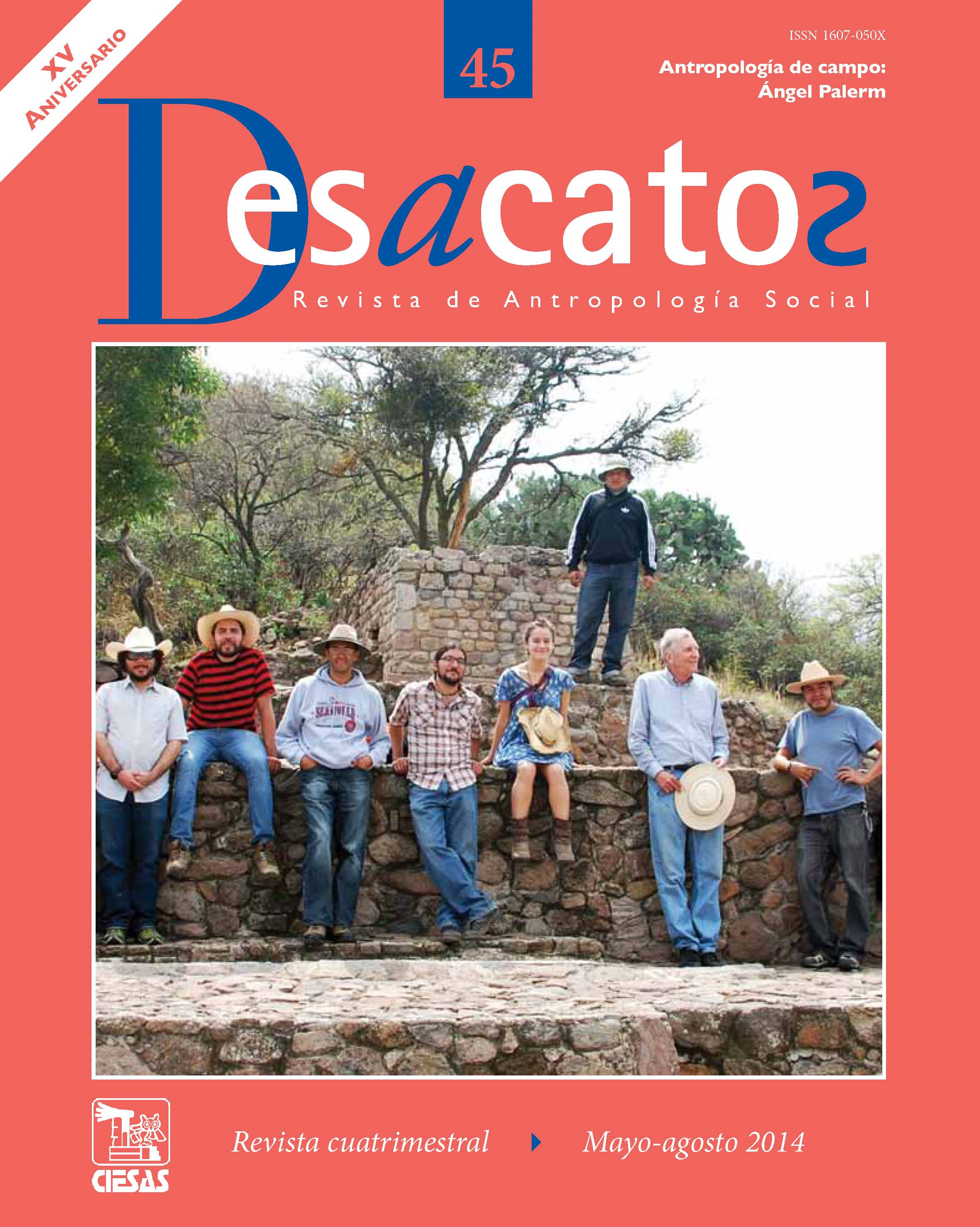The Benefits of and Challenges to Fieldwork Training in the Field: The Case of the Social Anthropology Graduate Program at the Universidad Iberoamericana in Mexico City
DOI:
https://doi.org/10.29340/45.1287Keywords:
Abstract
The Universidad Iberoamericana’s graduate program in anthropology trains its students through Palerm’s model of teaching fieldwork in the field. Several aspects of this course are adapted to institutional demands, regional particularities and individual interests, but the basic premises remain: fieldwork taught in practice, students exposed to professors’ research, and dissertation topics that emerge from realities observed in the field. In this article I discuss benefits and disadvantages of this training for students and faculty, and compare it to more individualized models currently dominant in United States and in the discipline in general. I also explore challenges confronted by professors and students to maintain this off-campus instruction in the face of budget cuts and pressures to accelerate the rate of graduate training and the academic production.Downloads
Download data is not yet available.
Published
2014-07-03
Issue
Section
SABERES Y RAZONES
License
.
How to Cite
The Benefits of and Challenges to Fieldwork Training in the Field: The Case of the Social Anthropology Graduate Program at the Universidad Iberoamericana in Mexico City. (2014). Desacatos. Revista De Ciencias Sociales, 45, 27-34. https://doi.org/10.29340/45.1287


 Make a Submission
Make a Submission
 Language
Language
 Information
Information

 Keywords
Keywords Social Media
Social Media